by maureen
Several years ago I received a Facebook friend request from a young man in Gaza. I have friends in the West Bank but wanted to also keep abreast of life in Gaza, and he is a chronicler of life throughout the Occupied Palestinian Territories so I accepted his request. He has followers from throughout the world. He often posts or reposts photos and articles about life in Gaza and updates about organizations and groups that oppose the illegal occupation and oppression by the State of Israel. This is an issue I’ve been following and trying to help with for about seven years.
I know how very difficult life is in the Gaza strip, which has often been called the world’s largest outdoor prison. It is difficult, if not impossible, to leave the strip. Many of the people living in the Gaza strip are refugees from towns and villages that were either destroyed or taken over during the 1948 Nakba, which cleansed much of what is now the state of Israel of hundreds of thousands of Palestinians. The 1967 war added to Israel’s territory and drove even more people from their homes. The illegal settlements built throughout the West Bank and East Jerusalem continue to destroy Palestinian homes and drive more people into refugee status. (All of these facts are verifiable and easy to find, though too many Americans are unaware of the truth.)
More than half the residents of Gaza live below the poverty level and unemployment is over 50%, one of the highest in the world. Much of the infrastructure (water, electrical plants, medical facilities, schools, sewage systems) have been repeatedly destroyed by Israel’s bombing attacks, which they call “mowing the grass,” just keeping the Palestinian people at the edge of starvation and desperation. The more desperate they become, the more likely they are to protest, leading to another “operation” that kills hundreds or thousands and destroys even more of the area.
So my friend in Gaza one day almost a year-and-a-half ago asked for help. He told me his sister has diabetes and they cannot afford her medicines. She sometimes falls into a coma. There are eight people in the family and not enough food. The water has salt in it because the water processing plant has been destroyed so that leads to other medical issues. I sent them a little money through PayPal that month, and have been helping them every month since.
I’m not completely comfortable doing this because of, I guess, basically trust issues. There are so many scammers out there taking advantage of kindness and compassion. How do I know he and his family’s needs are legitimate? I don’t. That gives me pause. I do know how difficult life is in Gaza. So I struggle with this. It’s not that I can’t afford to help someone out, to maybe save a life even. I probably spend $50 a month on streaming services, online subscriptions and other “entertainment.” I could easily spend $25 for one dinner on the rare occasions that I go out to eat. I’ve been known to spend close to $50 on a single bottle of wine, for heaven’s sake!! And I think if I can send a little money, perhaps it could keep a child from starving or dying from lack of medicine. It’s been cold this winter, even in Gaza, and the rain sometimes floods what little sewer systems are remaining, leaving raw sewage flowing through streets. Maybe helping them buy good food, heat, clean water, medicine will actually make a difference.
The average wage in Gaza is 682 shekels a month; if I can send them $50, that’s 158 shekels, just under 25% of average income. I don’t know how much it helps, but it’s better than letting them starve. So I weigh the cost of possibly being cheated out of what has probably totaled $1,000 over the last 16 or 17 months versus allowing a legitimate, life-saving need to go unmet when I have the ability to help because of my trust issues.
I wish life weren’t so cruel for so many people. I wish justice prevailed in all the hard places of the world. I wish his family didn’t need to “beg” me for money. But I can’t do a lot about those bigger challenges. All I can do is try to help a little from my own abundant blessings. If I give $1,000 over the course of a year or so to one of the large charitable organizations, how many people does that actually help? Or rather, how much of that goes to make their CEO and other officers even wealthier, able to buy another, bigger yacht? While I continue to have some little niggling doubts, I have to trust that the money is actually helping in some way, making a difference, perhaps saving lives. And isn’t that what we are all called to do, to help where and when we can? I keep reminding myself that if I am being scammed, the sin is on him, and not me, that I am doing the best I can to give a little help to at least one family in a very dire situation.

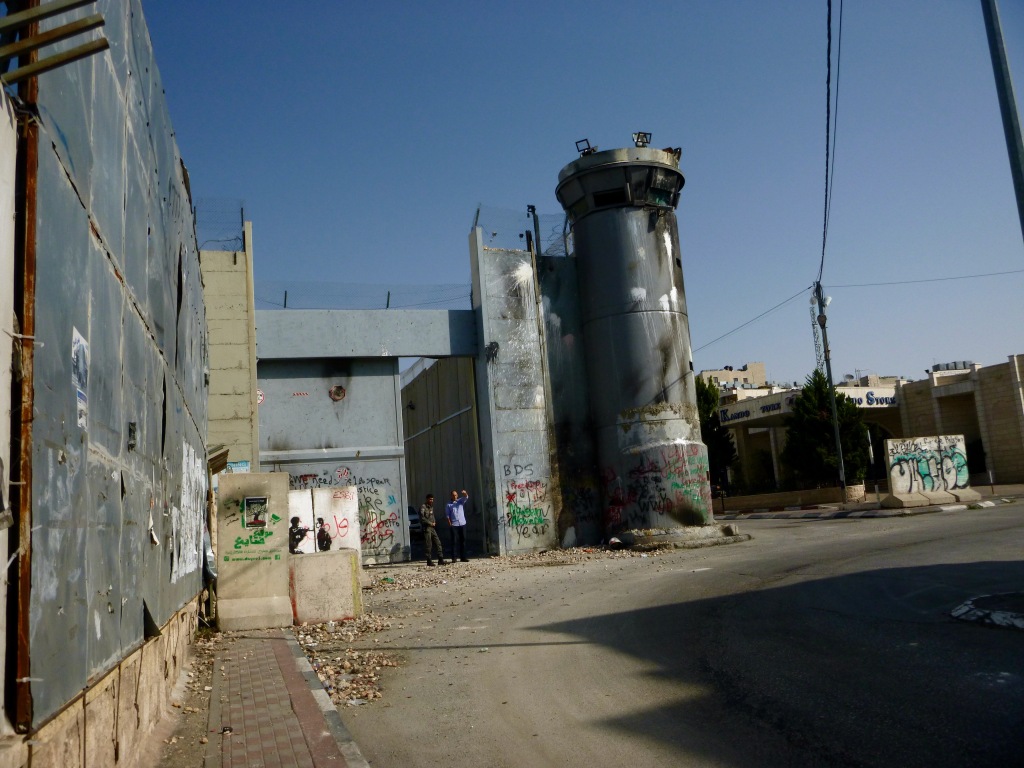
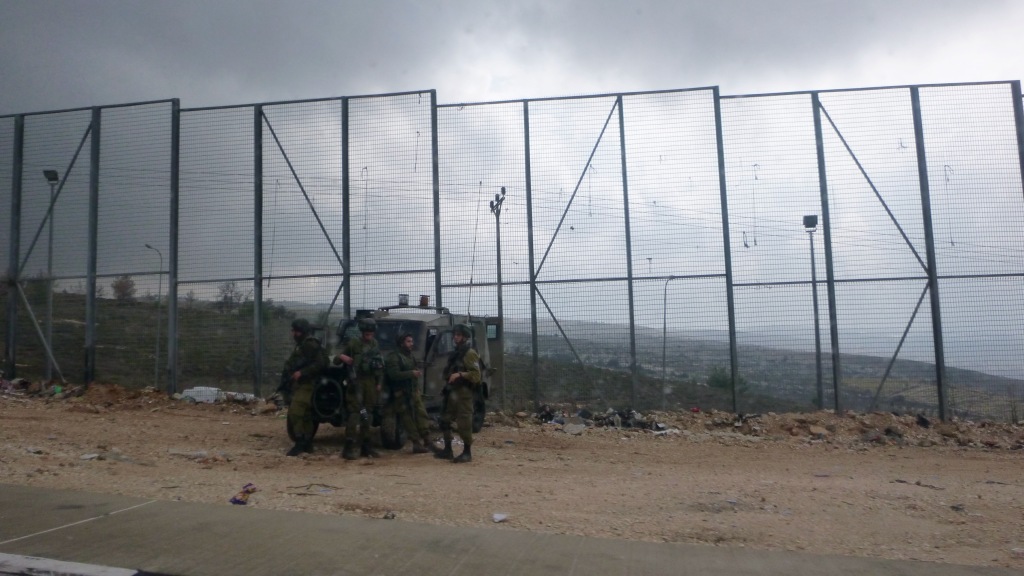

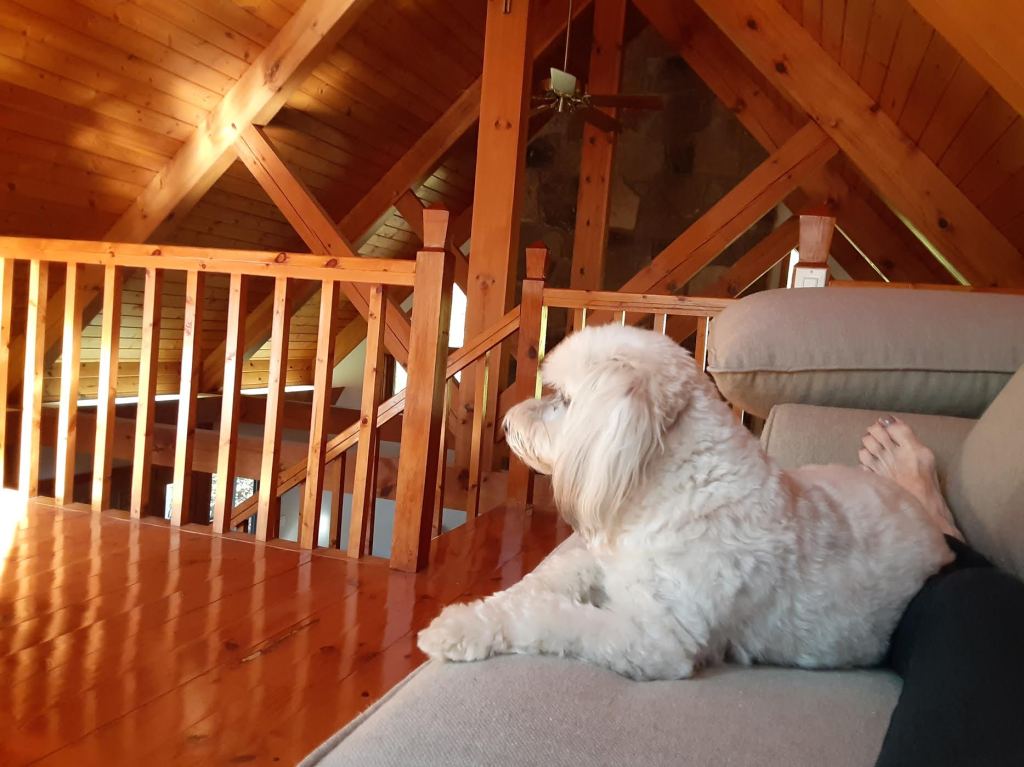
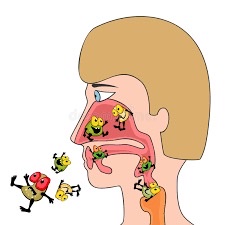

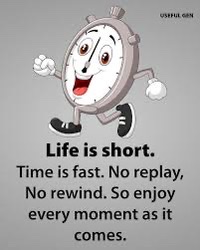

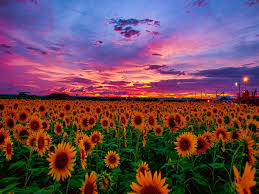
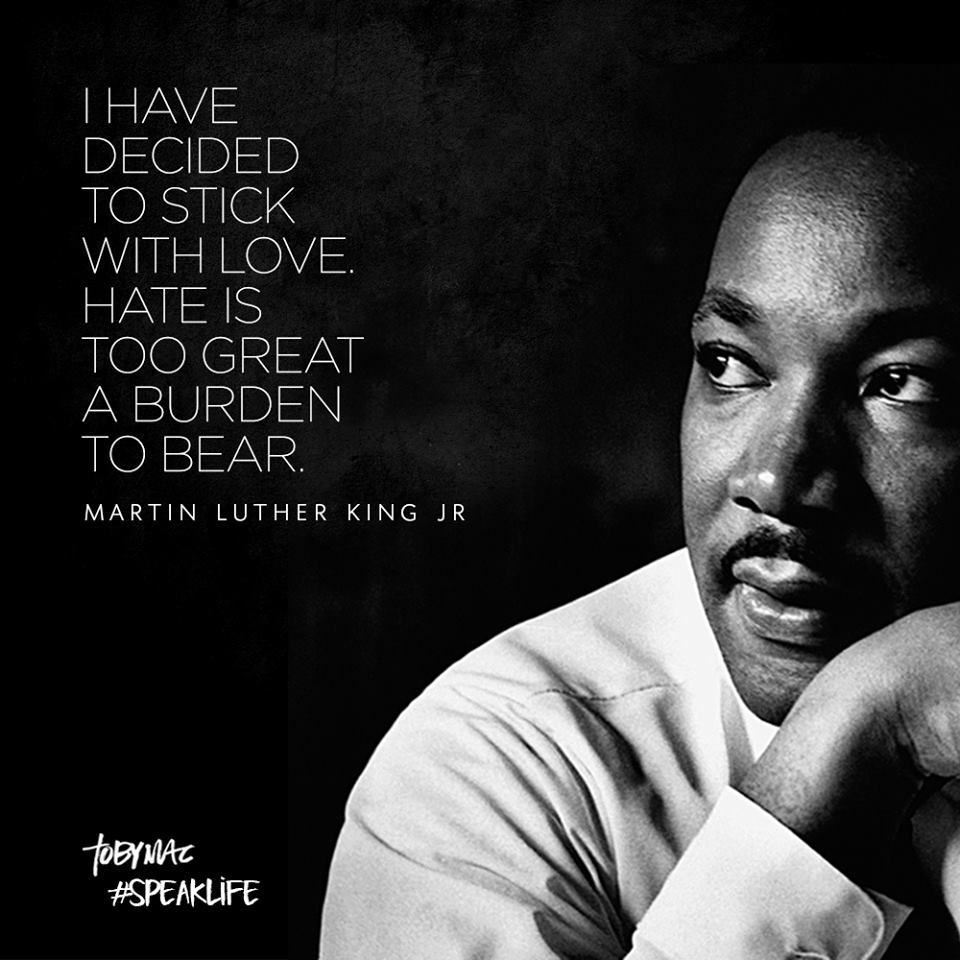
 scattering little rainbows all around like sunlight shining through a prism? I like to think I do that, but that always brings me up short and I realize how often I surrender to the short-term self-satisfying desire to hate.
scattering little rainbows all around like sunlight shining through a prism? I like to think I do that, but that always brings me up short and I realize how often I surrender to the short-term self-satisfying desire to hate. I have an irregular practice of Centering Prayer, in which I try to sit in silence daily for 20 minutes or half an hour. When random thoughts come, I try to let them pass by focusing on a sacred word or phrase. I’ve been working with exhaling the word Love and inhaling the word Mercy, breathing Love out into the universe where it can spread and grow, breathing Mercy into myself, reminding myself that in spite of all my failures, I am worthy of Mercy. Research shows that focusing on positive things, like Love, breathed or prayed out into the universe can actually have an impact, can change the environment. So I try to contribute to the healing of our world by breathing Love out into it. And I try to focus on what might be lovable about certainly people I find difficult, people I am tempted to hate. I pray for the evolution of and awakening of our world so that more and more people decide to stick with Love. Because Hate is too great a burden to bear.
I have an irregular practice of Centering Prayer, in which I try to sit in silence daily for 20 minutes or half an hour. When random thoughts come, I try to let them pass by focusing on a sacred word or phrase. I’ve been working with exhaling the word Love and inhaling the word Mercy, breathing Love out into the universe where it can spread and grow, breathing Mercy into myself, reminding myself that in spite of all my failures, I am worthy of Mercy. Research shows that focusing on positive things, like Love, breathed or prayed out into the universe can actually have an impact, can change the environment. So I try to contribute to the healing of our world by breathing Love out into it. And I try to focus on what might be lovable about certainly people I find difficult, people I am tempted to hate. I pray for the evolution of and awakening of our world so that more and more people decide to stick with Love. Because Hate is too great a burden to bear.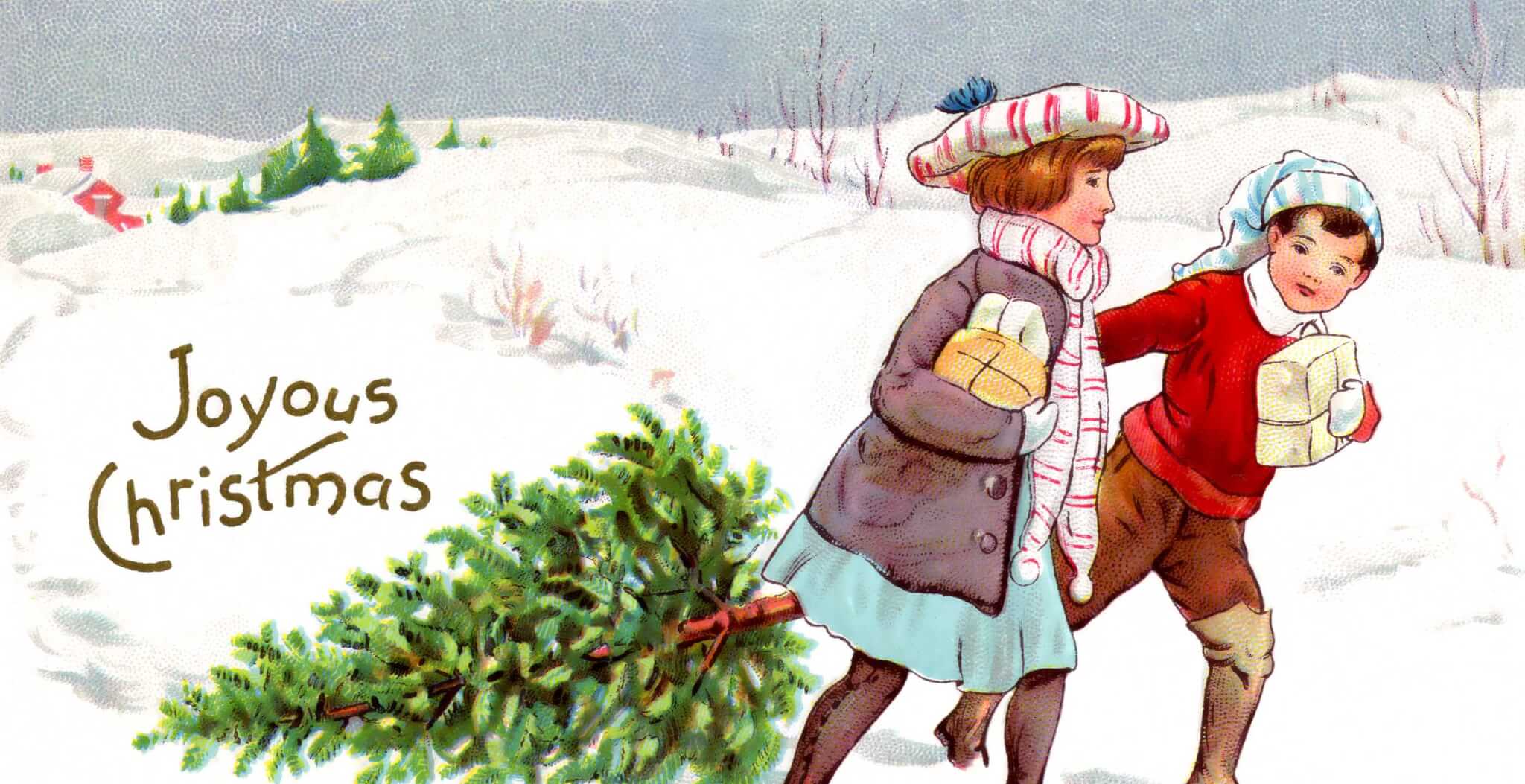

 When Maureen and I began to write this blog several years ago, my intent was to offer to other women and men on this Life journey some observations and guidance as we encounter joys and sorrows along the way. And, to invite participation and comments. I have a diverse background which touches and often delves deeply into the areas of psycho-spirituality, grief, the law profession, business, and health care—especially how all of these aspects of life intersect. It has been my hope that sharing reflections on life events will be helpful to others.
When Maureen and I began to write this blog several years ago, my intent was to offer to other women and men on this Life journey some observations and guidance as we encounter joys and sorrows along the way. And, to invite participation and comments. I have a diverse background which touches and often delves deeply into the areas of psycho-spirituality, grief, the law profession, business, and health care—especially how all of these aspects of life intersect. It has been my hope that sharing reflections on life events will be helpful to others.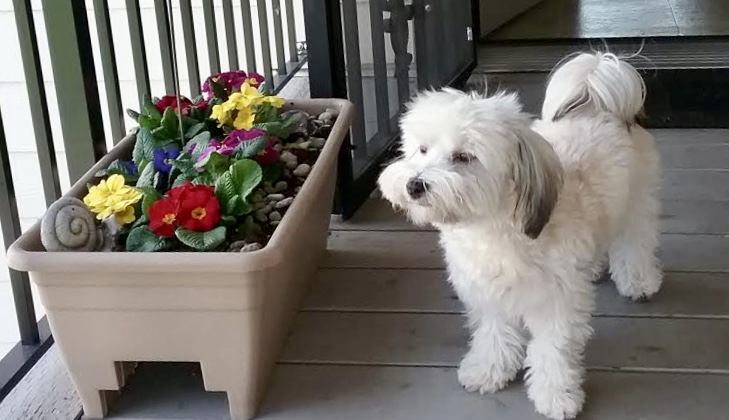 with the acquisition of a sweet Havanese puppy named Pace`, a Franciscan reference to “peace.” She has been an unexpected joy in my Life. As she has matured into a 10-month old adolescent, I have continued to move deeper into my mid-seventies and the challenges and joys of this period of life.
with the acquisition of a sweet Havanese puppy named Pace`, a Franciscan reference to “peace.” She has been an unexpected joy in my Life. As she has matured into a 10-month old adolescent, I have continued to move deeper into my mid-seventies and the challenges and joys of this period of life. counsel clients— and volunteer, it is done with utmost concern for balance and my priorities which facilitate my journey to wholeness:: contemplation, spending time with close friends and family, enjoying my furry friend, reading, and working out at the gym. I have become more acutely aware of the clock that is ticking away and ironically and interestingly, it has given me more peace of mind and focus knowing what I thought I knew all along: that my time here is limited.
counsel clients— and volunteer, it is done with utmost concern for balance and my priorities which facilitate my journey to wholeness:: contemplation, spending time with close friends and family, enjoying my furry friend, reading, and working out at the gym. I have become more acutely aware of the clock that is ticking away and ironically and interestingly, it has given me more peace of mind and focus knowing what I thought I knew all along: that my time here is limited. Teresa of Avila lived in the turbulent middle ages. She was a reformer of the Carmelite order and authored several books, including Interior Castle, a metaphor for the soul. In it, she delineates the stages of spiritual growth into Oneness. She befriended a Carmelite friar, John of the Cross, another mystic who helped in the Order’s reformation, for which efforts he was imprisoned and tortured by his own religious order. Yet, he grew from this dark, desolate place of emptiness, despite (or because of) what we in the 21st century think of as extreme, unreasonable, barbaric and pretty darned crazy.
Teresa of Avila lived in the turbulent middle ages. She was a reformer of the Carmelite order and authored several books, including Interior Castle, a metaphor for the soul. In it, she delineates the stages of spiritual growth into Oneness. She befriended a Carmelite friar, John of the Cross, another mystic who helped in the Order’s reformation, for which efforts he was imprisoned and tortured by his own religious order. Yet, he grew from this dark, desolate place of emptiness, despite (or because of) what we in the 21st century think of as extreme, unreasonable, barbaric and pretty darned crazy. 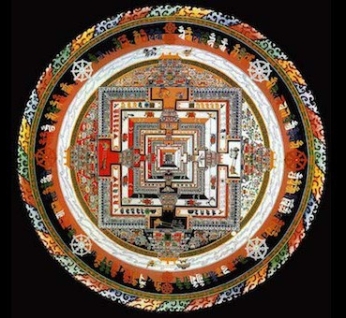 In the early 20th century, Carl Jung, using himself in a psychospiritual study, intentionally and freely went into a dark place where he discovered shadowy aspects of humans, what has been called an extended psychotic period in his life. In his book Memories, Dreams, Reflections, he wrote: “I knew that I had to let myself plummet down into them.” According to one review, Jung “found himself in a liminal place, as full of creative abundance as it was of potential ruin, believing it to be the same borderlands traveled by both lunatics and great artists.”
In the early 20th century, Carl Jung, using himself in a psychospiritual study, intentionally and freely went into a dark place where he discovered shadowy aspects of humans, what has been called an extended psychotic period in his life. In his book Memories, Dreams, Reflections, he wrote: “I knew that I had to let myself plummet down into them.” According to one review, Jung “found himself in a liminal place, as full of creative abundance as it was of potential ruin, believing it to be the same borderlands traveled by both lunatics and great artists.” 
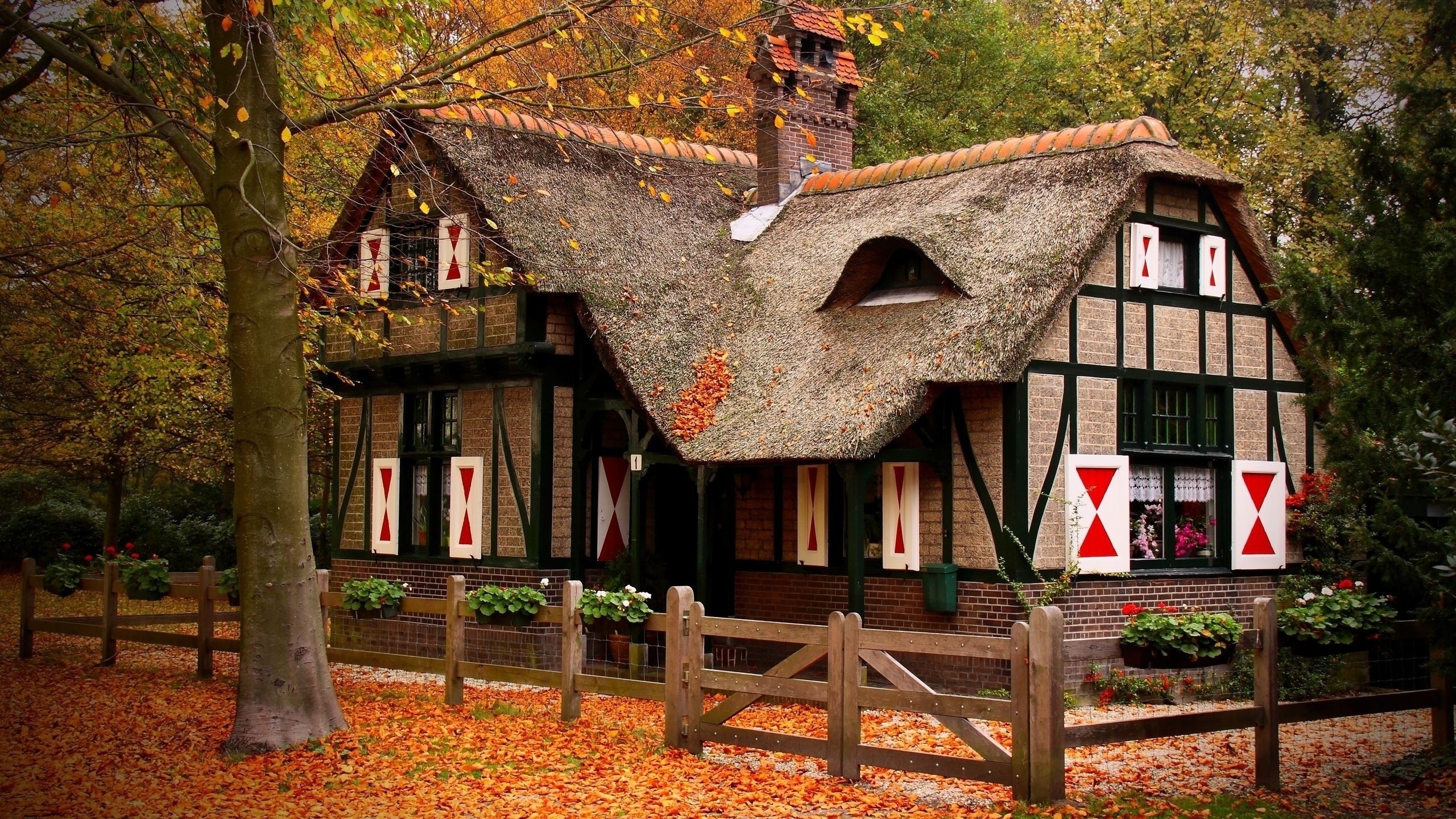 The older you get, the more you realize you have no desire for drama, conflict, or any kind of intensity.
The older you get, the more you realize you have no desire for drama, conflict, or any kind of intensity.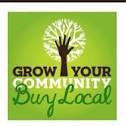 My small efforts in this include trying to support local, small vendors/suppliers rather than the Big Box stores that often flood our politicians with cash. I recently joined an organic CSA here in Yamhill County, buy grass-feed organic beef from a local producer, eggs and other produce from local farmers, do all my banking at small local credit unions instead of the Big Banks, and have joined wine clubs from small local vineyards. (Sometimes a good glass of wine goes a long way in helping me be less anxious and angry.) On-line shopping is easy and cheap but it continues to concentrate money into the hands of a few who have way too much power already, so I’m trying to stay local as much as possible. I am supporting public radio and several reliable national newspapers, as well as the ACLU and conservation organizations – these are not things I have traditionally done, but it is well past time to put money behind my beliefs and support those organizations who will fight for justice.
My small efforts in this include trying to support local, small vendors/suppliers rather than the Big Box stores that often flood our politicians with cash. I recently joined an organic CSA here in Yamhill County, buy grass-feed organic beef from a local producer, eggs and other produce from local farmers, do all my banking at small local credit unions instead of the Big Banks, and have joined wine clubs from small local vineyards. (Sometimes a good glass of wine goes a long way in helping me be less anxious and angry.) On-line shopping is easy and cheap but it continues to concentrate money into the hands of a few who have way too much power already, so I’m trying to stay local as much as possible. I am supporting public radio and several reliable national newspapers, as well as the ACLU and conservation organizations – these are not things I have traditionally done, but it is well past time to put money behind my beliefs and support those organizations who will fight for justice.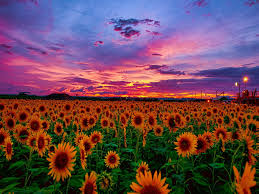
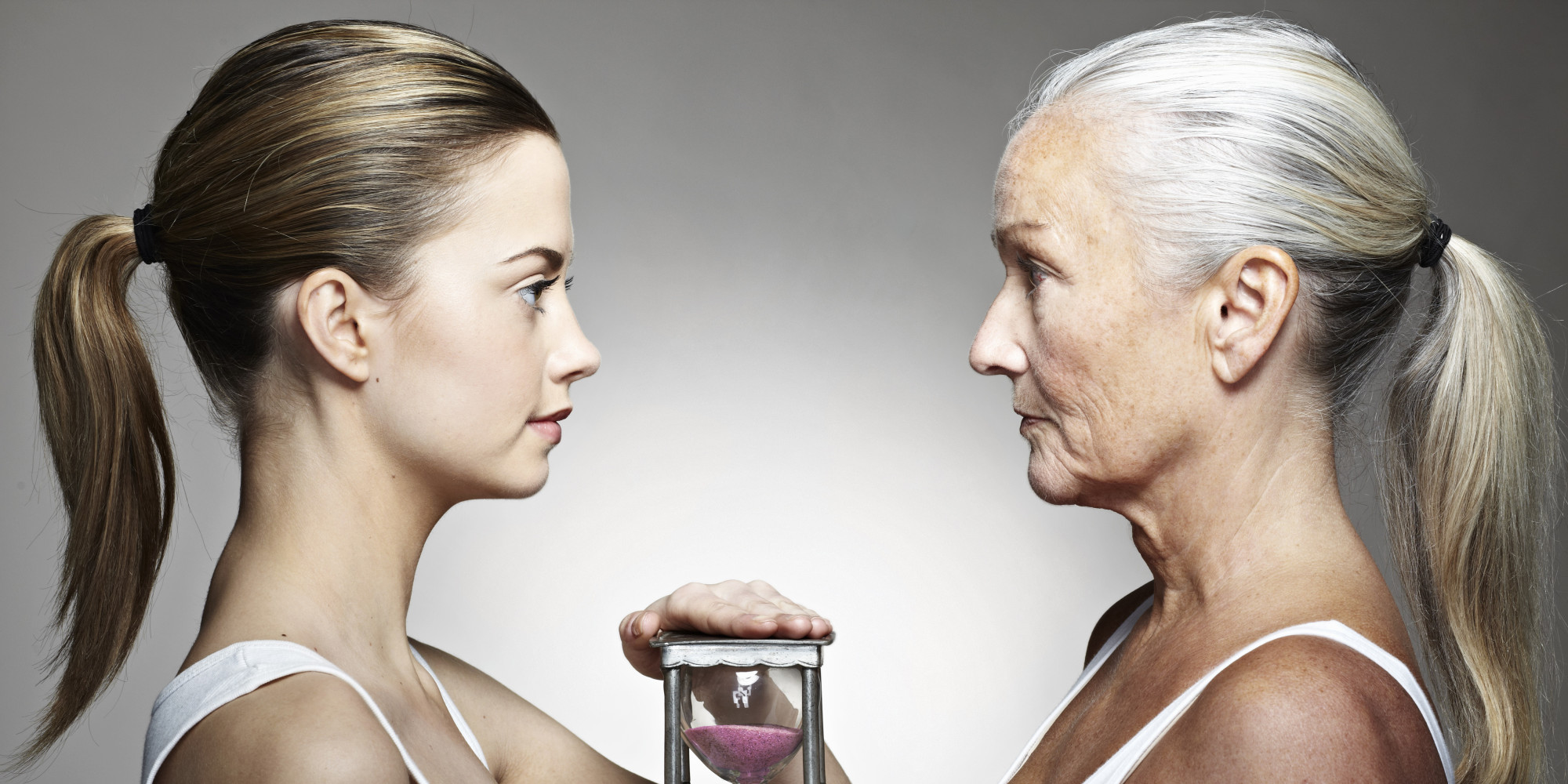
 evolved and defined my parameters, i.e., my list of needs and wants. My mind felt as sharp as a tack, much like my lawyering days—some good, some not so good. The constant grinding of gears made me grow weary of the search and disappointments. I saw my annual trip to Florida as an opportunity to take a break, attend my granddaughter’s graduation and enjoy the Christmas holidays with my family. I intended much diminished connection to the internet. Besides, who buys and sells real estate during the Christmas holidays?
evolved and defined my parameters, i.e., my list of needs and wants. My mind felt as sharp as a tack, much like my lawyering days—some good, some not so good. The constant grinding of gears made me grow weary of the search and disappointments. I saw my annual trip to Florida as an opportunity to take a break, attend my granddaughter’s graduation and enjoy the Christmas holidays with my family. I intended much diminished connection to the internet. Besides, who buys and sells real estate during the Christmas holidays? get here?” How did I muster the energy and intellectual resources to rise to the occasion in my golden years? How did I get this accomplished? Certainly all of us have our repertoire of training, education and skills that we have mastered over our lifetimes. And our various motivators. What I am most grateful for, however, is to have nurtured and maintained my community of friends. I called upon my long-time friend, Jill, in tears multiple times when I felt myself going out on the metaphorical ledge. My friend, Hillary, came to the rescue with workers when I had a meltdown after discovering water leaking onto my newly installed carpet. My realtor friend, Lynn, referred a handyman, Bruce, who just gets the job done—whatever it is—quickly and competently, a pleasant surprise after my dismay when one contractor I found on Angie’s List said that replacing six ceiling light fixtures would take 8 to 10 hours. Bruce did it in a fraction of that time, on the way home from his day-time job working for a non-profit organization! That’s how I got things done: it takes a village.
get here?” How did I muster the energy and intellectual resources to rise to the occasion in my golden years? How did I get this accomplished? Certainly all of us have our repertoire of training, education and skills that we have mastered over our lifetimes. And our various motivators. What I am most grateful for, however, is to have nurtured and maintained my community of friends. I called upon my long-time friend, Jill, in tears multiple times when I felt myself going out on the metaphorical ledge. My friend, Hillary, came to the rescue with workers when I had a meltdown after discovering water leaking onto my newly installed carpet. My realtor friend, Lynn, referred a handyman, Bruce, who just gets the job done—whatever it is—quickly and competently, a pleasant surprise after my dismay when one contractor I found on Angie’s List said that replacing six ceiling light fixtures would take 8 to 10 hours. Bruce did it in a fraction of that time, on the way home from his day-time job working for a non-profit organization! That’s how I got things done: it takes a village.